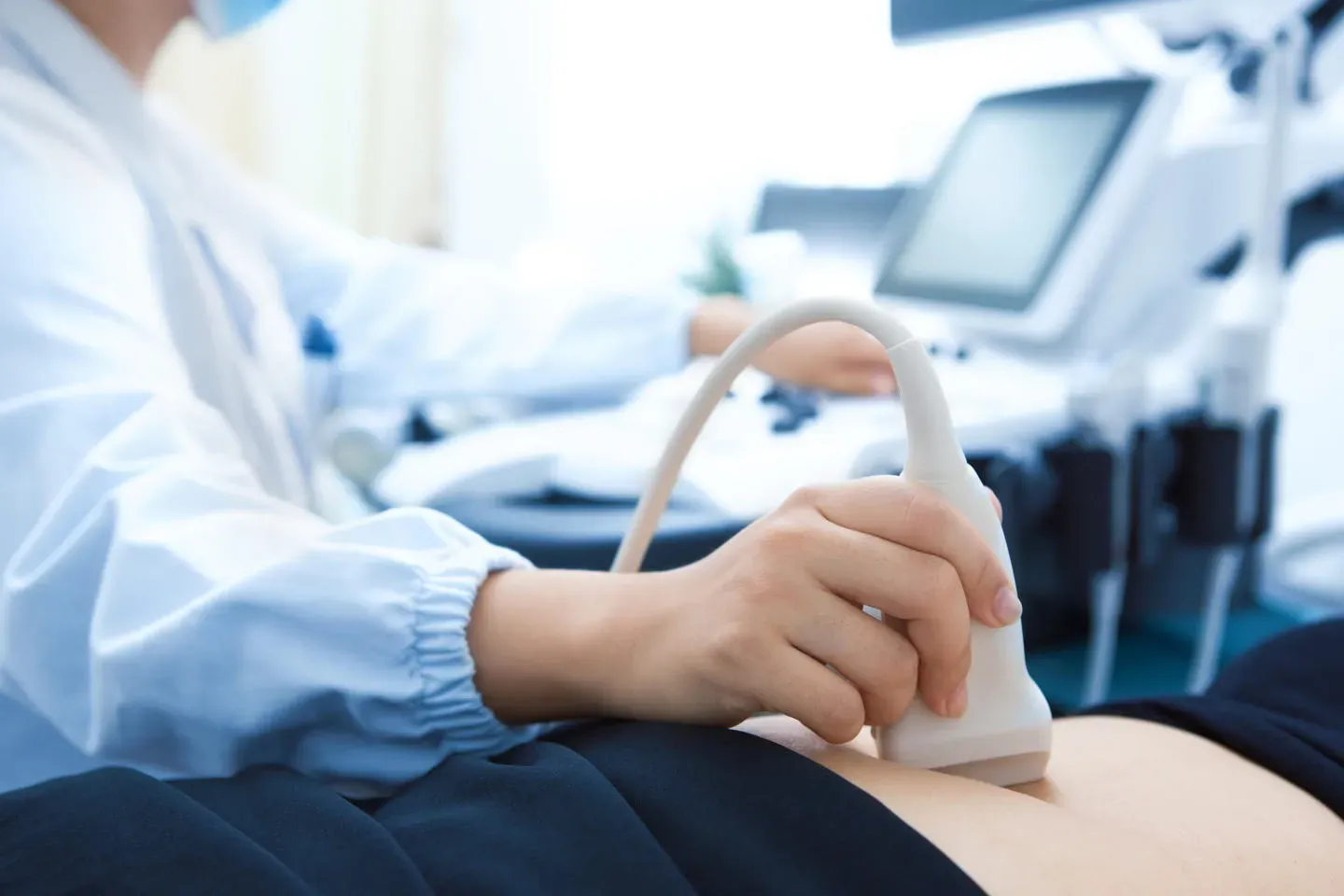Most accurate ultrasound test could detect 96% of ovarian cancers
An ultrasound test that detected 96% of ovarian cancers in postmenopausal women should replace the current standard of care test in the UK, according to a new study by BHP members.
In a paper published in Lancet Oncology, researchers funded by the NIHR and led by Professor Sudha Sundar conducted a head-to-head comparison of all currently-available tests to diagnose ovarian cancer in postmenopausal women, in a high-quality diagnostic test accuracy study.
Of the six diagnostic tests investigated, the IOTA ADNEX model which looks at ultrasound features (how the lump looks on ultrasound) had the best accuracy of all and could detect up to 96% of ovarian cancers.
The ultrasound test outperforms the current standard of care in the UK significantly and so researchers recommend that the IOTA ultrasound ADNEX model should replace the current standard of care test in the UK which identifies 83% of ovarian cancers.
Sudha Sundar, Professor of Gynaecological Cancer at the University of Birmingham and consultant in gynaecological cancer surgery at Sandwell and West Birmingham NHS Trust – both BHP members – said: “This is the first time that a head-to-head study of all available ovarian cancer tests has been done in the same population. Here we studied their use with symptomatic, post-menopausal women who are most at risk of this cancer. Our trial found that the IOTA ADNEX ultrasound protocol had highest sensitivity for detecting ovarian cancer compared to the standard of care and other tests.
“The ultrasound test also performs well when delivered by a trained sonographer who has received specific training, certification and quality assurance, and as the vast majority of ultrasound scans are performed by sonographers it is important that a new standard is able to be delivered by as many clinical professionals as possible.
“We found that the higher sensitivity of the IOTA ADNEX model is likely to lead to some women who don’t have cancer also being flagged up as having a higher risk of cancer. We however did discuss this extensively with patients, cancer charity Target ovarian cancer and NHS experts who all agreed that in postmenopausal women who are at higher risk of ovarian cancer, picking up more women with cancer would benefit women overall.”
Annwen Jones OBE, Chief Executive at Target Ovarian Cancer said: “Early diagnosis of ovarian cancer is vital, and we are pleased to see this research demonstrate that there are more accurate ways of using ultrasound. The faster and earlier ovarian cancer is diagnosed, the easier it is to treat and the more successful the outcomes. Alongside this innovative research, we need to see greater awareness of the symptoms of ovarian cancer so that women know to come forward to their GP for testing and receive the best possible treatment as quickly as possible. It is crucial that new ways of working like this are rolled out as quickly as possible.”
The research team note that the IOTA ADNEX model achieved 96% accuracy when delivered by NHS sonographers who were appropriately trained and received quality assurance. As most scans worldwide are carried out by sonographers rather than gynaecologists, introductory free online resources have been created by the researchers for NHS staff to undergo the specialist ultrasound training to obtain certification and quality assurance.





